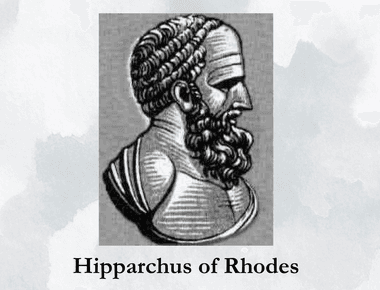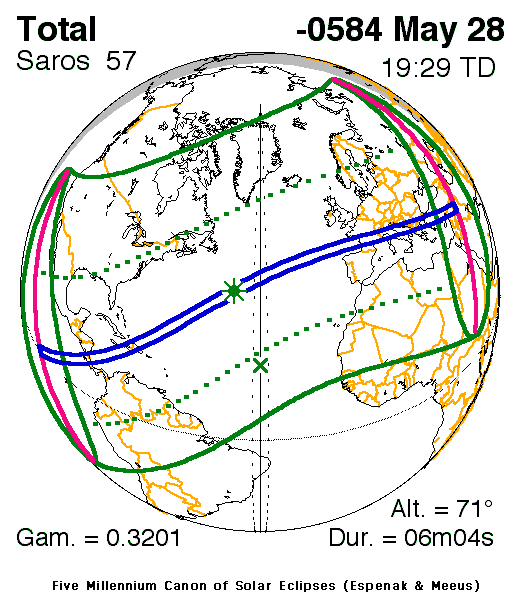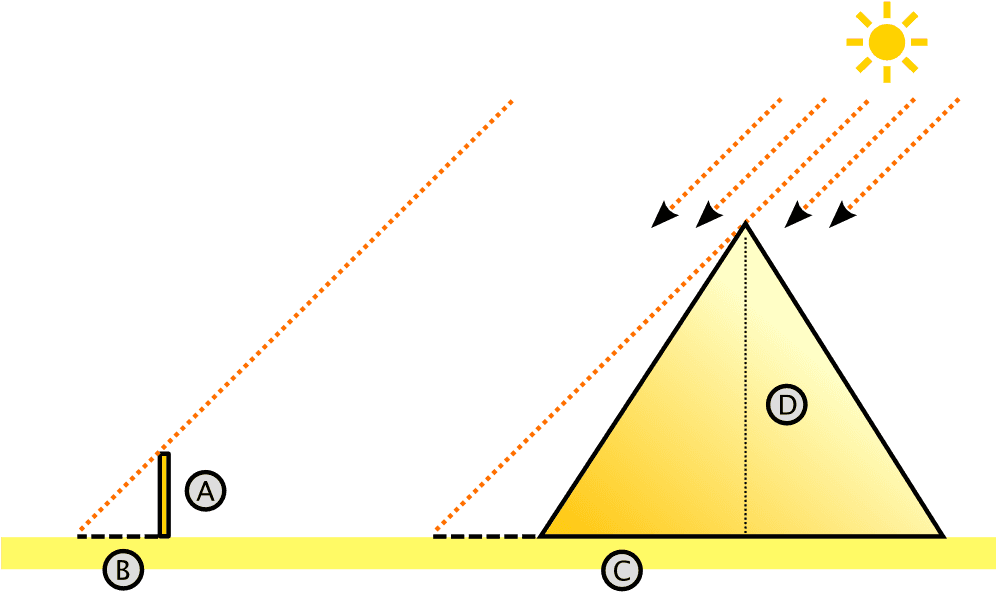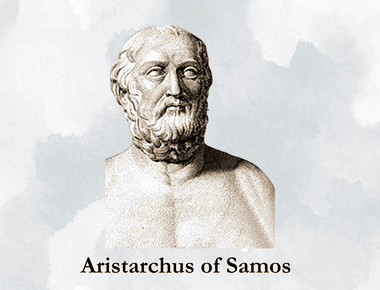
Thales of Miletus: The Luminary Who Lit the Torch of Scientific Thought

Table Of Contents
Thales of Miletus is often regarded as the forefather of Western philosophy and science. From predicting solar eclipses to laying the groundwork for geometry, Thales’ work ignited the spark of knowledge that would come to enlighten the ancient world.
Early Life
Thales of Miletus was born in the ancient city of Miletus, an influential Ionian city-state in present-day Turkey, around 624 BCE. This period was one of great intellectual and cultural growth, making Miletus a fertile ground for philosophical and scientific inquiry.

The details of Thales’s early life are sparse and somewhat uncertain, as no contemporary biographies were written and he himself did not leave any written records. Much of what we know about him comes from later historians and philosophers, including Herodotus, Diogenes Laërtius, and Aristotle.
It is believed that Thales was born into a wealthy and noble family, and he had the opportunity to travel widely. Some sources suggest that he might have studied in Egypt, which was at that time a centre for learning and science. His exposure to Egyptian mathematical and astronomical knowledge likely had a significant impact on his intellectual development.
From an early age, Thales showed a keen interest in understanding the natural world. He would later become renowned for his innovative thinking, which moved away from mythological explanations of the world towards rational, logical explanations based on observation and reason, marking the dawn of Western philosophy and science.
Thales the Philosopher
Thales proposed that water was the fundamental element of nature - the cradle of all things and their inevitable resting place. This hypothesis was a landmark in intellectual history as Thales moved away from conventional mythical explanations, venturing towards a more scientific understanding of the world. In his view, the Earth floated on the water, an early attempt to elucidate our planet’s physical existence beyond divine intervention.
It’s important to note that none of Thales’ original writings have survived to the present day. What we know of Thales’ work and ideas comes primarily from later authors, primarily ancient Greek and Roman philosophers and historians who wrote about his ideas, often many centuries after his death.
Aristotle wrote (Metaphysics, 1-3):
Thales, the founder of this type of philosophy, says the principle is water (for which reason he declared that the earth rests on water), getting the notion perhaps from seeing that the nutriment of all things is moist, and that heat itself is generated from the moist and kept alive by it (and that from which they come to be is a principle of all things)
This passage provides evidence that Thales sought to explain the world and its phenomena through natural elements, which was a radical departure from the mythology-based explanations prevalent during his time. However, it’s not a direct quote from Thales himself, but rather Aristotle’s interpretation of Thales’ beliefs.
Eclipse of Thales
Legend has it that Thales accurately predicted the solar eclipse of May 28, 585 BCE. The event stunned the Medes and Lydians, who were engaged in battle when the day suddenly turned into night, and saw this as an omen to immediately cease their warfare. This prediction is hailed as one of the first recorded events in the annals of scientific astronomy, emphasizing Thales’ keen observational prowess and his deep understanding of the celestial cycles.

Thales’s Theorems and Mathematical Contributions
In mathematics, Thales was a pioneer in geometry. The “Theorem of Thales” is a fundamental principle in Euclidean geometry that is still taught in classrooms today. It postulates that any diameter of a circle always subtends a right angle to any point on the circle’s circumference. He is also said to have introduced the concept of deductive reasoning in geometry.
If three points A, B, and C lie on the circumference of a circle, whereby the line AC is the diameter of the circle, then the angle ∠ABC is a right angle (90°).

Measuring the height of the pyramids in Egypt
According to historical accounts, Thales used a method of similar triangles to determine the height of the Egyptian pyramids - an early application of what we now know as geometry.
As the story goes, Thales traveled to Egypt, where he was intrigued by the colossal pyramids. He decided to measure the height of the pyramids, which was a question that had baffled many. The method he reportedly used was both ingenious and simple.

Thales waited until the time of day when his own shadow was the same length as his height. At this point, he reasoned, the shadow of the pyramid must also be the same length as the pyramid’s height. So, he measured the pyramid’s shadow, and thereby determined the height of the pyramid.
This method is based on the properties of similar triangles. In a right triangle, the ratio of the length of a side to the length of the shadow is the same for all similar triangles. So, if a person’s height and shadow length are the same, the pyramid’s height and shadow length will also be the same.
The Influence of Thales
Thales’s discoveries and methodologies greatly influenced future Greek philosophers and astronomers. Notably, figures such as Pythagoras and Anaximander built upon his principles to further advance scientific thought. His legacy reverberates through the ages, shaping the development of astronomy and scientific inquiry as a whole.
Thales is considered the first in the line of thinkers who looked at the world not through a lens of myth and superstition, but through observation, analysis, and logical reasoning. Thales’ approach to understanding the world laid the foundations for the scientific method – an intellectual legacy that continues to shape our world. This luminary from Miletus truly lit the torch of scientific thought, illuminating a path that countless others would follow in their pursuit of understanding the universe.
Related Posts



